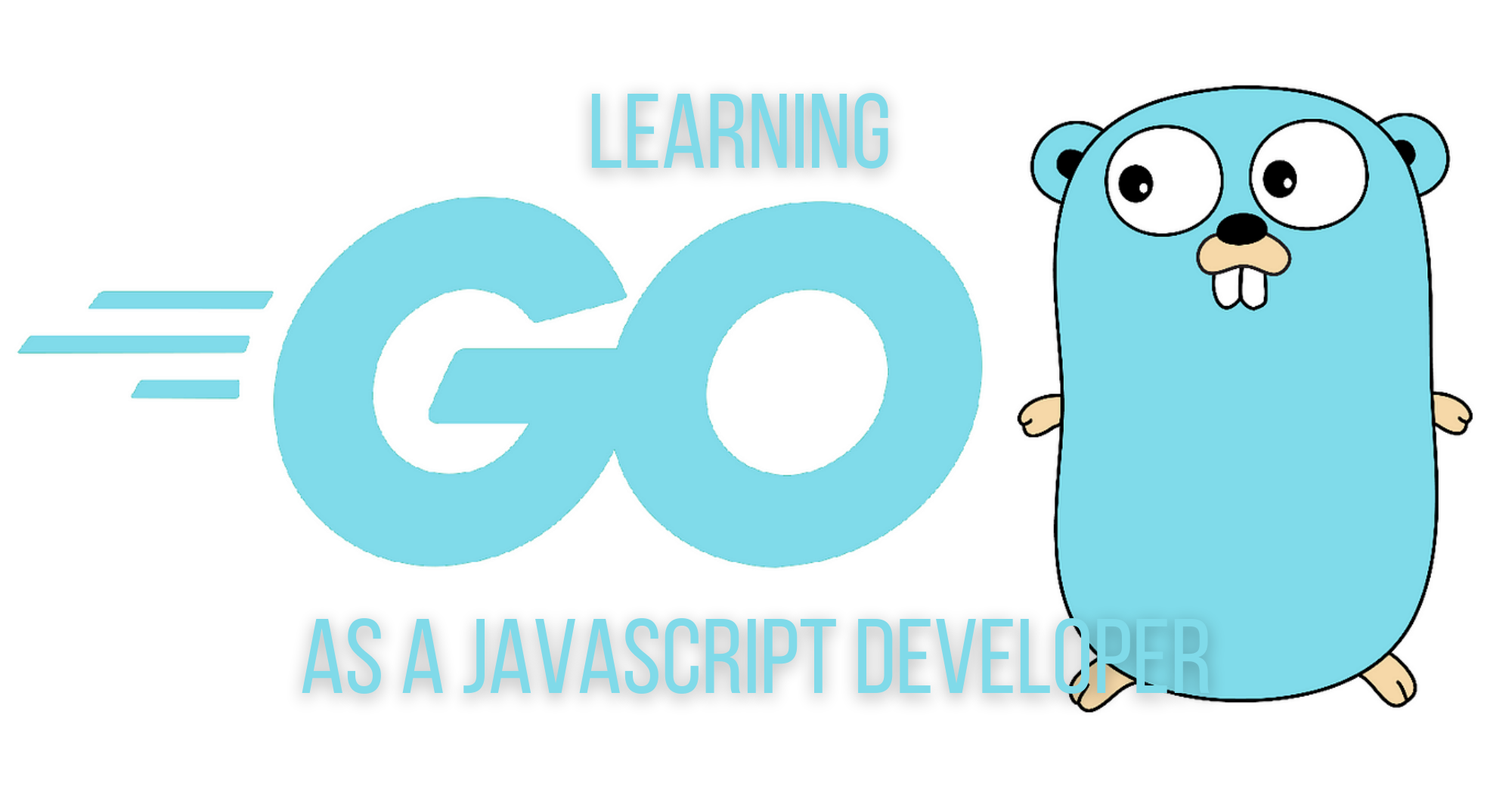
Learning Golang as a Complementary Language for Web Development: My Experience as a Full-Stack Developer
Introduction:
As a full-stack developer, I'm always on the lookout for new programming languages to add to my skillset. While I'm comfortable with my current languages - JavaScript, Typescript, and Python - I've been keeping an eye on the growing popularity of Golang and decided to give it a try as a complementary language for web development. In this blog post, I'll share my experience learning Golang, the resources I used, and my thoughts on its suitability for web development. I'll also discuss any challenges I faced while learning Golang and how I overcame them, and my plans for building projects or practicing my Golang skills. Finally, I'll offer some suggestions for other developers who may be interested in learning Golang as a complementary language for web development.
Why I chose Golang as a complementary language:
As a full-stack developer, I'm always thinking about the future and looking for ways to expand my skillset. Golang's growing popularity caught my attention, and I was curious to see what all the fuss was about. I also wanted to have a complementary language in case I needed to switch things up in my development process.
Resources I used to learn Golang:
To learn Golang, I relied on a combination of YouTube tutorials and the Golang documentation. The tutorials were helpful in giving me a high-level overview of the language, while the documentation provided a deep dive into the syntax and best practices. I found the Golang documentation to be particularly well-written and user-friendly, making it easy for me to quickly get up to speed with the language.
Suitability of Golang for web development:
In my opinion, Golang is a great language for web development. Its strong typing and concurrency features make it well-suited for building scalable and efficient web applications. Additionally, Golang has a growing community of developers, which means that there are plenty of resources available for learning and troubleshooting.
Challenges I faced and how I overcame them:
As someone with prior experience in programming languages, I didn't find Golang to be particularly challenging. However, I did have to adjust to its syntax and learn some new concepts, such as goroutines and channels. To overcome these challenges, I spent time practicing with small coding exercises and building small projects. I also found it helpful to read through other developers' code on Github and learn from their approaches.
My plans for building projects and practicing my Golang skills:
Currently, I'm working on building a Todo application using Golang. I'm also planning to build a small web application to practice my skills and get more comfortable with using Golang for web development.
Suggestions for other developers interested in learning Golang:
If you're new to programming, I would recommend starting with a more beginner-friendly language like JavaScript or Python before diving into Golang. However, if you have prior experience in programming, Golang is definitely worth checking out. I would suggest starting with the official Golang documentation and practicing with small coding exercises before moving on to larger projects. Additionally, don't be afraid to reach out to the Golang community for help - there are plenty of forums and resources available to assist you in your learning journey.
Conclusion:
Overall, my experience learning Golang as a complementary language for web development has been positive. While it took some time to adjust to its syntax and learn new concepts, I found Golang to be a powerful and efficient language for building web applications. As I continue to practice and build projects, I'm excited to see how Golang can help me expand my skillset as a full-stack developer. If you're interested in learning Golang as well, I hope that my experience and suggestions can be helpful in your own learning journey.